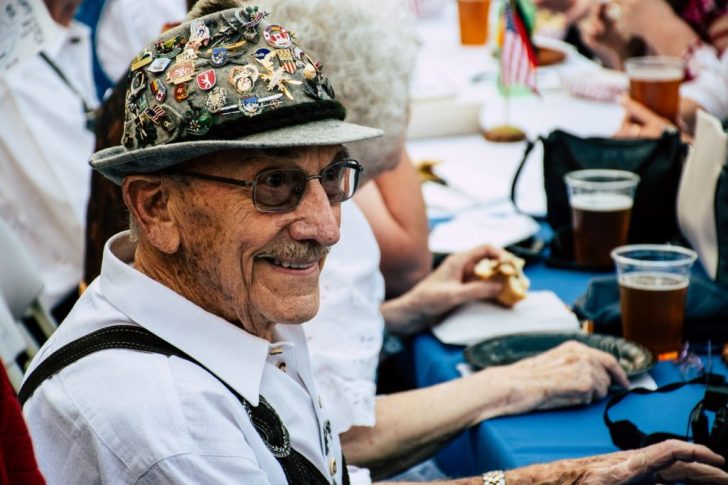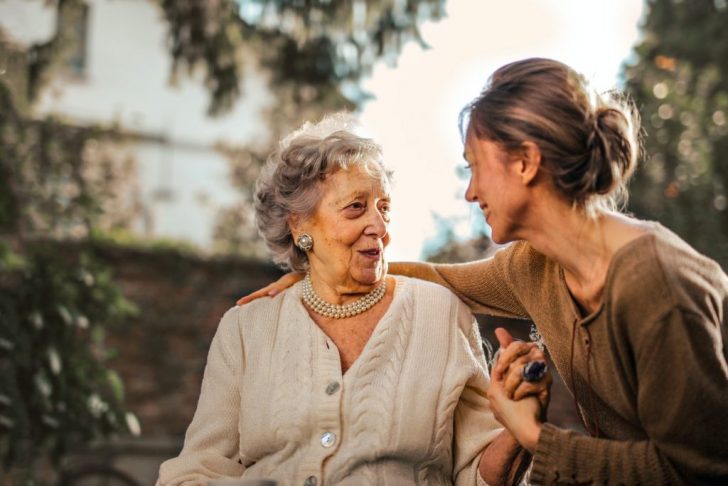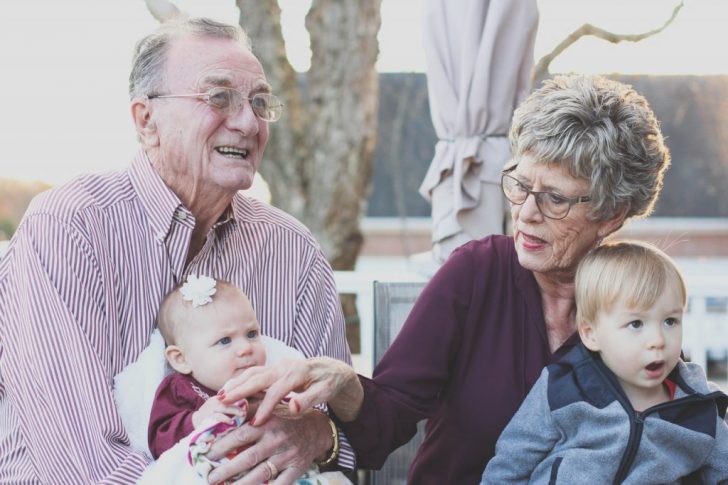Elder abuse can include physical or sexual abuse, financial exploitation, emotional or psychological abuse, including verbal abuse, and threats of abandonment. Significantly, it can also include the idea of neglect. According to some reports, simple neglect and the powerful negative effect of that neglect is the most common type of abuse to the elderly. It’s a sobering thought, the idea that the absence of any action can be in itself so harmful to someone.

Current and prospective nurses, doctors, and other healthcare professionals need to understand and identify signs of elder abuse to help protect this vulnerable population. Furthermore, seniors and their families should be aware of this issue so protective measures can be implemented to eliminate or minimize the risk of abuse. As more baby boomers become seniors and require increasing levels of care, the number of people who are at risk of elder abuse will only continue to grow.
Have your elders stay nearby and stay close to family if possible
People who feel isolated can end up getting depressed or wallowing in sadness and loneliness. They may feel unwanted – like a burden – or feel like those around them don’t know that they exist. By keeping your elders nearby, you can offer them assistance in times of need, or they can easily ask you for help. This reduces the chance of abuse and neglect.
Anticipate potential incapacitation and get legal affairs in order

Protect the elder’s wishes upon incapacitation by getting the financial and legal affairs in order. Appoint a trusted person as power of attorney to help make financial and healthcare decisions for the elder before he or she becomes incapacitated. Prepare advanced directives indicating the extent and level of care desired when you become too sick or disabled to make your own decisions. This will help ensure that your doctor and family members know and respect your wishes. It also helps circumvent the stress and conflict that a family must otherwise undergo when making a decision on your behalf.
Keeping elders active
Elderly people in poor physical health are more vulnerable to being taken advantage of. In addition, increased dependence may lead to more caretaker stress and burnout, raising the risk of elder abuse. Physically active seniors reduce their loss of mobility and increase overall health.
Find sources of help and use them

Find volunteers willing to help with carrying groceries, running errands, giving rides, entertaining, helping out with making phone calls, writing letters, and reading. There are countless faith-based and secular nonprofit organizations with senior day programs, meals on wheels, transportation services, and many other services that can be a wonderful resource for your loved one.
Finding community resources
Community resources for the elderly and their loved ones can provide family caretakers with financial and emotional support, caregiving education, and breaks for personal time, reducing stress.




